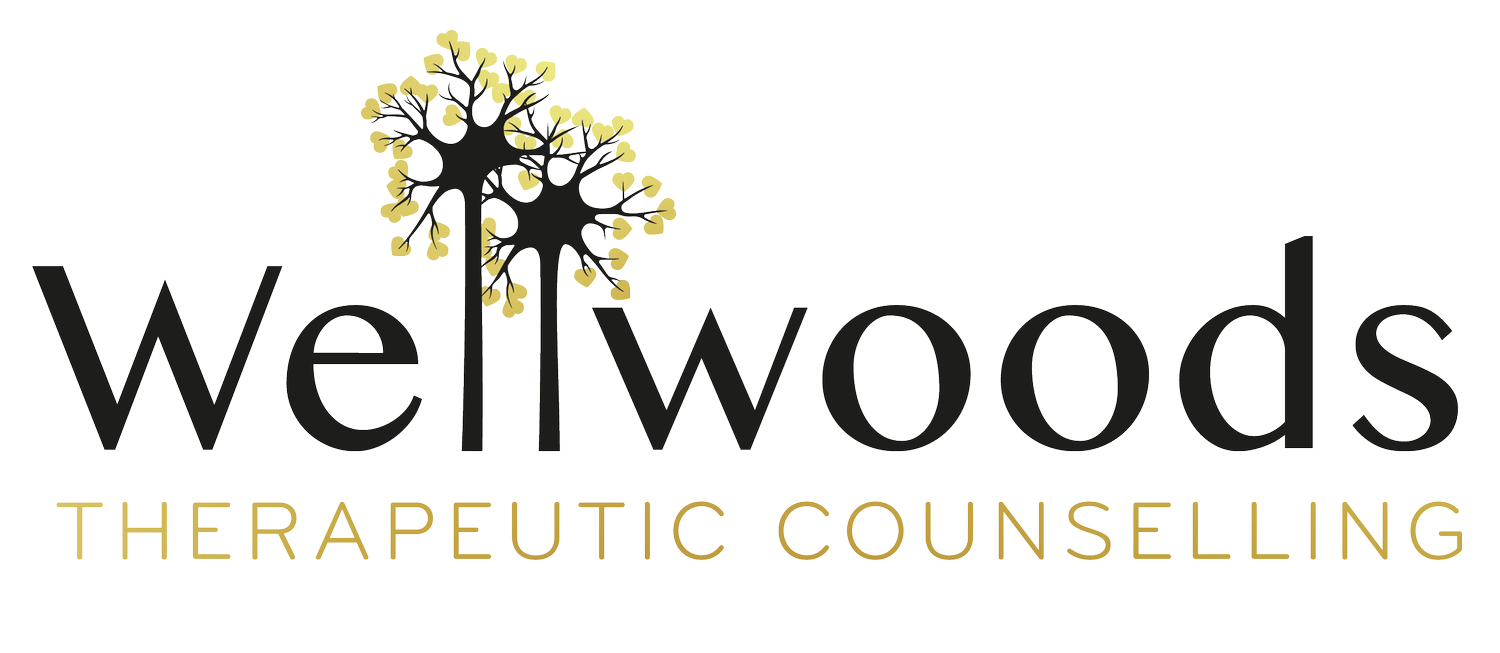Giving: a worthy addition in the recipe to ease loneliness
I have learned something important from counselling people, which I like to pass on to anyone I know is feeling isolated or struggling with loneliness and depression. Being there for someone else is an oft-forgotten ingredient to ease our own loneliness.
Even before Covid-19 cancelled our social lives, loneliness and isolation were feelings most of us struggle with occasionally and some of us struggle with often. The problem with loneliness is that when we are in it, it feels like we are the only ones who feel that way. As Natalie Goldberg put it, “If we felt connected to people, even other lonely people, we wouldn’t feel alone anymore.”
When loneliness strikes, we need other people, but it is hard for many of us to reach out. Despite having a supportive community, I have often struggled to call on them when I am feeling alone. I make up stories about my friends: They are too busy; They are struggling themselves; They don’t need an Eeyore in their lives. There might be some truth to that, but more likely I have an old belief that I should not need others.
My suggestion for overcoming barriers to asking for support, is to start by offering it. Think of giving love as training wheels for letting love in. What I have learned from being a helper is that it feels really good to support people. Showing up for someone else, when I am feeling down myself, has often turned things around for me. It gets me out of my own head, and into my heart. I feel less alone in my struggle. As a result of being there for people and knowing that it feels good, I have gotten better at asking people to be there for me. When I hear myself say supportive things to others, I am reminded to say them to myself.
I know I am not alone in finding personal benefit from caring for others. One randomized study of peer helpers with multiple sclerosis, published in Social Science and Medicine, found that the supporters showed marked improvement in self-awareness, self-esteem and depression. The study improved not only how the participants saw themselves, but also how they saw those they helped. Anecdotally, I have often heard others in the helping field recapitulate these findings.
However, to show up for others you don’t need to change careers and become a counsellor. You can offer simple and spontaneous gestures or bigger offerings, even now when we are all social distancing. Sending a quick love beam in the form of a text or phone call to a friend that may be struggling can go a long way. If you’re feeling crafty and timeless you could even send a card or letter in the mail. Then there are bigger commitments to helping, such as volunteering to support seniors, to stand up for ancient rain forests or to walk shelter dogs. I suggest starting small and taking on bigger projects as your sense of wellbeing and energy recovers.
Of course, there are times when we have nothing to give and just need unconditional support. At these times it is important to find a non-judgemental ear, whether that is a therapist, a crisis line or a good friend or family member. I’m not suggesting that ignoring your own pain and focusing on someone else’s pain is the only ingredient to ease loneliness. In moments of acute crisis, get help! But, when the feelings of isolation and loneliness are chronic, offering support can connect you to others in a way that may feel less risky than asking for help, while building your support network and reminding you of the joy and relief that can come from being there for someone.

